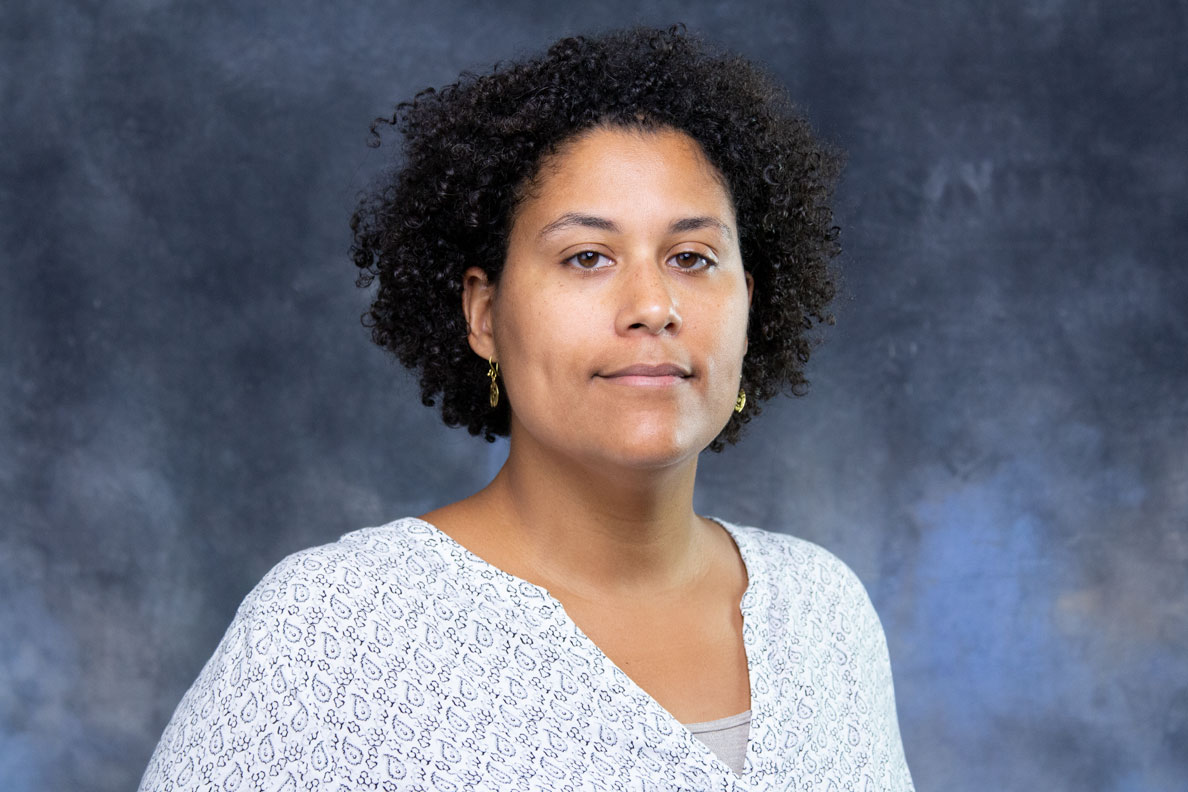
Rachel Afi Quinn has received a $60,000 faculty award from the National Endowment for the Humanities (NEH), her second nationally competitive accolade in less than a year. The funds will support research for Quinn’s forthcoming black feminist biography about Philippa Duke Schuyler (1931–1967), a mixed-race pianist, writer and Goodwill-Ambassador who was also the daughter of conservative Harlem Renaissance journalist George Schuyler.
“Dr. Quinn’s latest accolade is a wonderful example of the strength, range and impact of our faculty’s research and scholarship,” said Daniel P. O’Connor, dean of the College of Liberal Arts and Social Sciences (CLASS). “CLASS faculty are competing for — and winning — awards from top academic funding bodies, which greatly improves the national reputation of the University of Houston.
Awarded the Humanity Initiative grant, Quinn’s project is one of only 204 humanities projects NEH funded in 2023. Strengthening research opportunities for individuals, researchers and cultural institutions, NEH funds educational resources, programs, curricula and projects that enhance teaching and learning in the humanities.
The funds come on the heels of another major accolade in 2022. Quinn — who is an associate professor in both the department of comparative cultural studies and the women’s, gender and sexuality studies program — was also selected as a 2022-23 Schomburg Scholar-in-Residence. This long-term fellowship has enabled her to commit more time to researching and writing what will be her second novel book, “Good Women Die: Re-Envisioning the Life of Philippa Duke Schuyler (1931–1967).”
“Once I secured the Schomburg fellowship, I think I was an even stronger candidate for the [NEH] award because they could see the trajectory of my work,” Quinn said. “It was also nice as I mentored junior faculty at UH and encouraged them to apply for this fellowship because we are a Hispanic-serving institution, and this particular award is for faculty at Hispanic-serving institutions.”
A great benefit of the Schomburg fellowship has been the opportunities it has enabled. By experiencing the livelihood of New York firsthand, Quinn has gotten to know that epicenter of Black culture and has gained insight into the culture that surrounded Schuyler, who grew up in Harlem.
It has also created more space for research. While directing the master’s program for anthropology, mentoring students and shepherding first-generation undergraduates at UH, Quinn quickly discovered that personal research and writing can easily become pushed aside. This grant will give her more time for research and writing Shuart’s biography, providing accessibility to broad audiences, potentially developing an interactive website to complement the publication.
“The fact that she was able to make the case for herself shows that people in her field, people with various specialties on a national level, recognize the importance of her work,” Tara Green, chair of African American studies, noted. “It speaks to her originality, to the fact that her subject is of interest to many different audiences.”
The flexibility of the fellowship is an asset to her research because writing can be done from anywhere in the world, allowing Quinn to stay in New York longer with more access to the Schomburg library, visit the Dominican Republic where her first book was published and work on its translation, work broadly on the African Diaspora, lecture virtually from various sites or return to Houston to teach.
“I have always been an interdisciplinary scholar, and I have a lot of interests,” Quinn said. “These fellowships allow me to dream bigger, granting more time to immerse myself in my studies beyond Houston. I bring these things back to Houston and allow the city to grow in what I learn as well.”